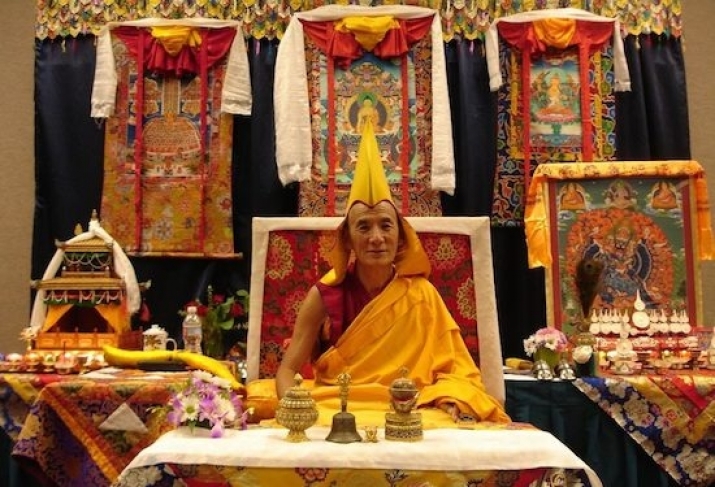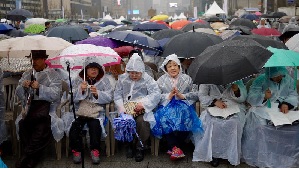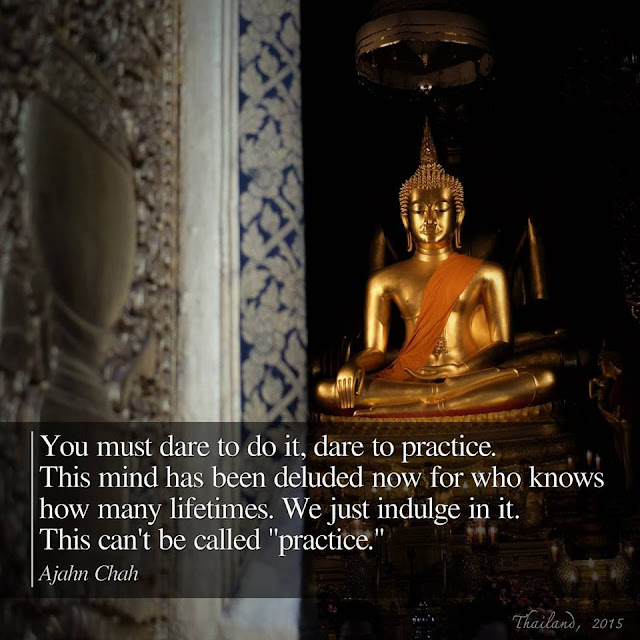on 26 APRIL 2017 •
 In September 2016 Piers Morgan met his Holiness the Dalai Lama — and the pair talked about everything, from Mr Trump, to IS, to love and marriage and even celebrity culture.
In September 2016 Piers Morgan met his Holiness the Dalai Lama — and the pair talked about everything, from Mr Trump, to IS, to love and marriage and even celebrity culture.
Watch the full (40-minute, uncut), fascinating discussion.
It was the interview that got the internet buzzing and now we [itv.com/goodmorningbritain] bring you the full 40-minute, uncut version.









 Buddhist monks prayed
Buddhist monks prayed 

 << Japan's Buddhist temples rely on ceremonial fees and collections from local supporters.
<< Japan's Buddhist temples rely on ceremonial fees and collections from local supporters. 


